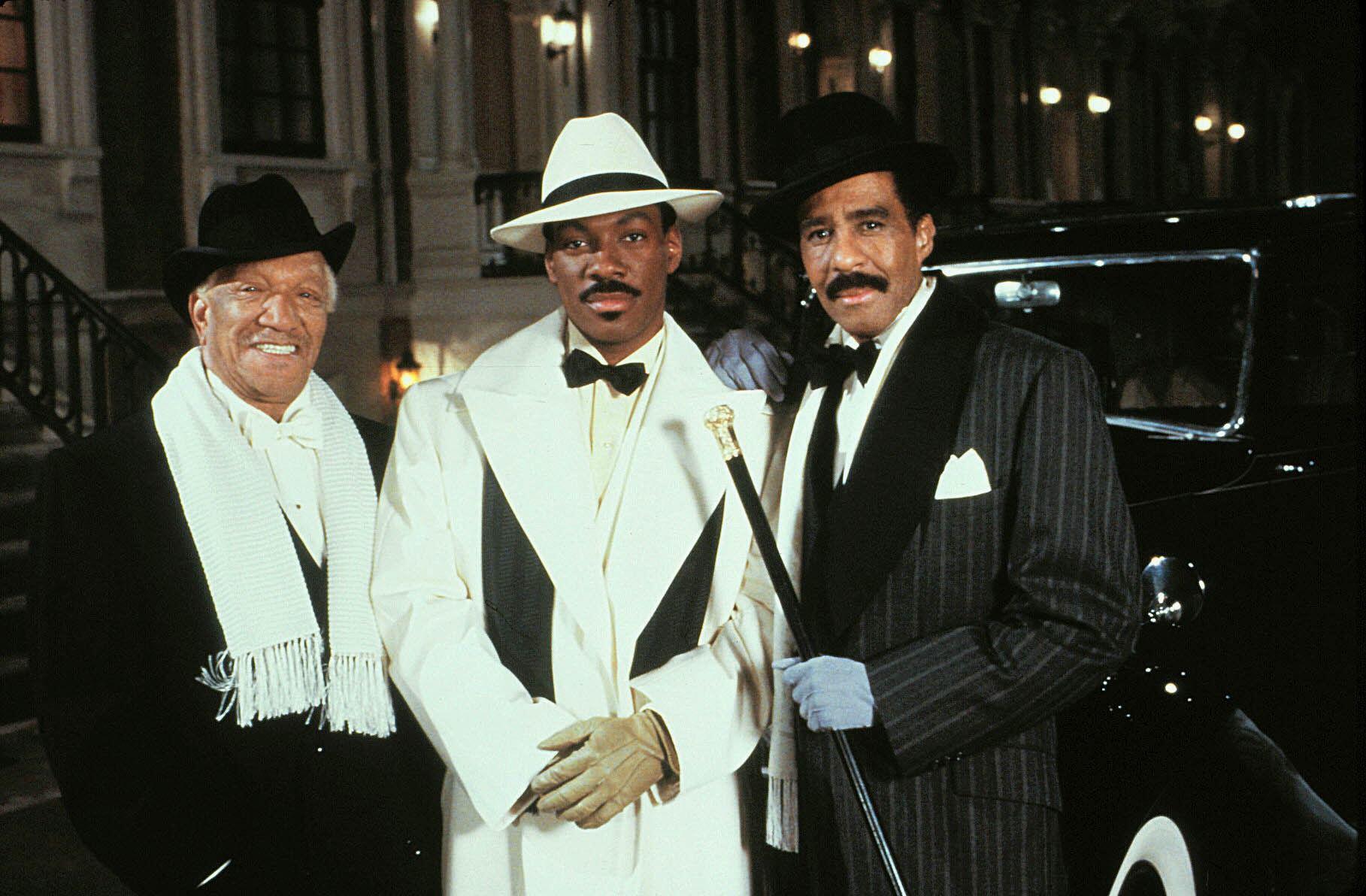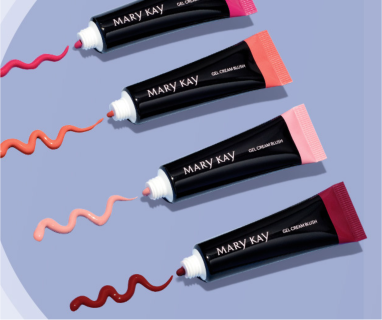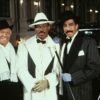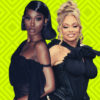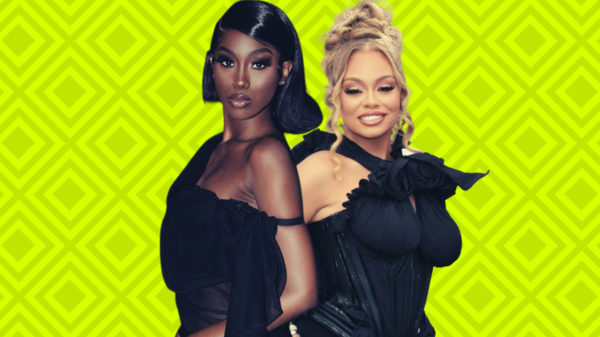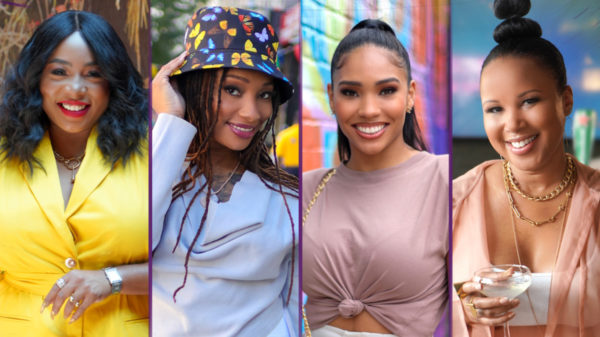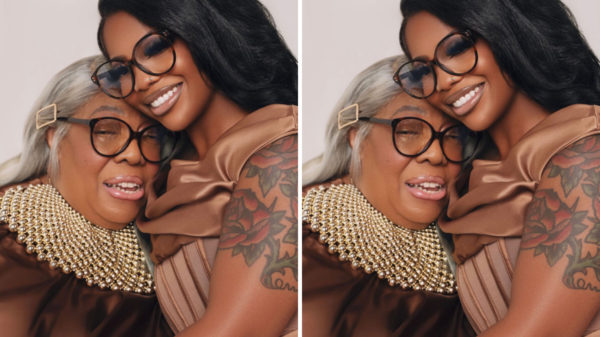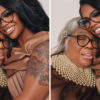Once upon a time in a decade called the 80s, there lived a comedian named Eddie Murphy—and that comedian was the king of Hollywood. Each movie he starred in would top the next box office sales. Due to his popularity, the powers that be gave Eddie the chance to direct and write his own movie. What Hollywood didn’t expect was for Eddie to create a Black classic called Harlem Nights.
Debuting in the fall of 1989, Harlem Nights was panned by critics and did terrible numbers at the box office. It was called a “racist and misogynistic romp” to even giving it the title of “worst film of 1989”. How could a movie that signaled the beginning of the end for Hollywood’s golden boy now be looked at as an ode to nostalgic Black excellence?
Because the movie was never meant for them. It was Eddie’s “I love US for real” sealed with a chef’s kiss.(As a matter of fact, Busta Rhymes’s Pass The Courvoisier pays homage to the film.) Set in 1930s Harlem pre-integration, Harlem Nights was meant to make the Black folks the good guy, putting many of our elite on screen. Redd Foxx, Stan Shaw, Tommy Ford, Reynaldo Ray, Jasmine Guy, Arsenio Hall, Robin Harris, and of course Eddie’s older brother, Charlie Murphy.
Eddie Murphy paid homage to the comedians that came before him by giving them roles that not only let them do subtle non-slapstick comedy, but also the flowers and dignity they deserved. This was especially true for Richard Pryor who had experienced a downturn in his career, regulated to servant roles, particularly in the movie The Toy. After Pryor’s death-defying cocaine accident, his image was in need of an overhaul. Harlem Nights was the movie that paired him with the reigning king of comedy and allowed him to shine equally and not be upstaged or looked over. This goes back to a code of ethics in our community that is acknowledged by those who claim to be solid—RESPECT THE ELDERS!
While Pryor, Murphy, and other cast members held their own, the real crowning jewel of Harlem Nights is Della Reese. Already a Hollywood veteran, Della Reese brought Head Madame Vera Walker to life. She was sexy, dominant, vivacious, and IN CHARGE OF THE GIRLS! She was a sex worker with a brain and heart, contrary to the notion that these things cannot co-exist. In order to take down Bugsy Calhoune it would be the vagina of one of Vera’s top girls named “Sunshine”, played by the lovely Lela Rochon (who would go on to star in Waiting To Exhale) to save Quick and Sugar Ray.
Harlem Nights was a different look at women’s empowerment, a perfect blend of comedic generations, and unapologetically a masterpiece. No shucking. No jiving. All Black and proud, no matter how you dissect it.
What is your favorite scene from Harlem Nights?
Chrystal Martin aka Chryssy is a true child of the 80s. Her infinite knowledge on black music and black pop culture along with her quick wit and snark makes her culture commentary fun and filled with facts. She breathes hip hop, loves all things Jackson’s, and once dreamed of working in advertising for Fubu. You can catch her latest contributions to black pop culture on The Trill Magnolia.



